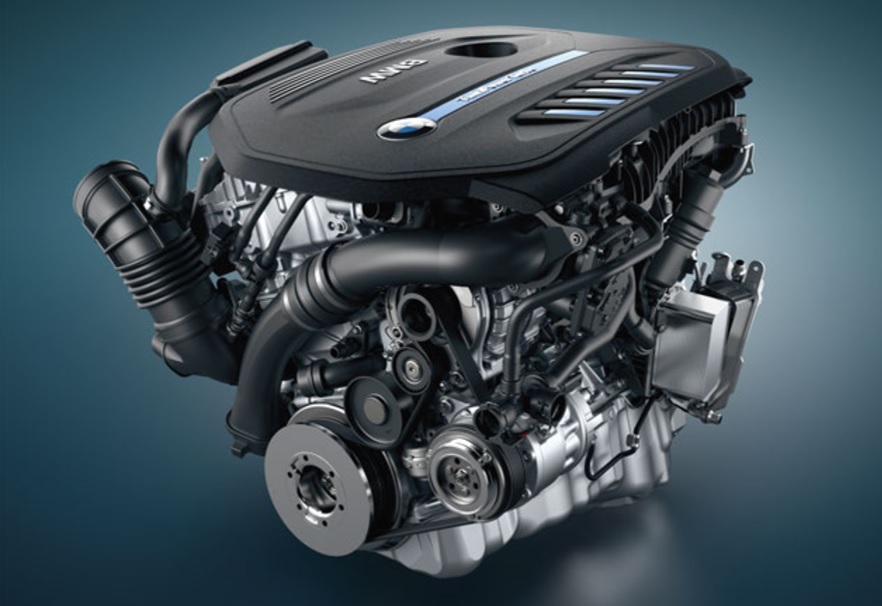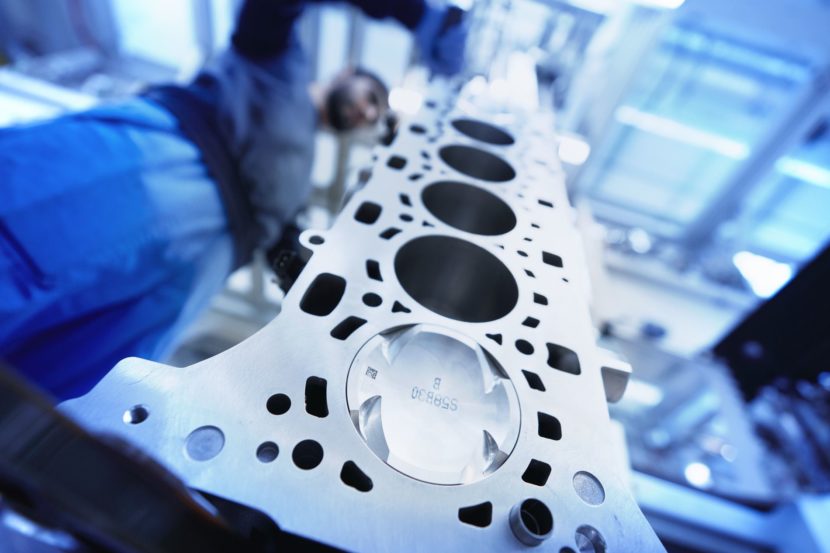BMW announced its first mild-hybrid models yesterday, first coming to the BMW 520d. Even though some might’ve overlooked the announcement, this is a big change for the carmaker, introducing 48V electrical systems on mass-production cars. Some rivals have done that a while back and now BMW is upping the ante as well. As we said yesterday, more models are coming with the new tech and they are quite numerous.
Starting next year, all BMW 3 Series diesel models will have 48V electrical systems, according to our sources. That means the 316d, 318d, 320d, 330d and M340d xDrive models will all become mild-hybrids in 2020. That includes both sedan and touring versions, by the way. It’s almost the same story in the SUV range. The BMW X3 xDrive20d, xDrive30d and M40d models will benefit from the same advantages, as will the X4 alternatives.
For the X5 and X6 range, BMW will also cover some petrol models. Thus, the BMW X5 and X6 models in xDrive30d, sDrive40i, xDrive40i and xDrive40d guise are likely to get 48V electrical systems, as will the BMW X7 xDrive40d. Add to the list the BMW 730d and 740d, the 518d, 523d, 530d, 540d, 520i, 530i and 540i and you get the picture: electrification is coming. Other models include the 620d, 630d, 640d, 630i and 640i GT, all variants of the 840d and the upcoming 4 Series.
The new 48V electrical system allows BMW to install a new starter-generator and a second battery for better efficiency and sharper performance. These cars will now have overboost and cut fuel consumption by 0.3 liters per 100 km covered on average. That also means CO2 emissions will drop, helping BMW cope with the legislation in the field and avoid costly fines from the EU.
To learn more about BMW’s view and strategy on the 48V electrical systems, we spent some time earlier this year with BMW Board Member in charge of R&D, Klaus Fröhlich.
“We have different strategies than our competitors, Fröhlich said. “They started with the first generation of the 48V systems. First of all, these were quite expensive, around 2,000 euros. It was a 8-10kW alternator, sluggish so the fuel consumption benefit was very low. You couldn’t use the torque cause it wasn’t any relevant torque available. It also offered things like very air conditioning quality, very good Start/Stop systems, but is this a good value to the customer?”
The engineering chief at BMW says that the company built some first-generation 48V applications just to learn the systems, but the focus is really on the second-generation.
“Generation 2 means that I double the electric power. I’m going to 20kW and instead of going to the belt motor alternator, I will go into the transmission. So we are partnering with ZF and at the beginning of the next decade, we will have the latest generation transmissions. We will not only have double the power, but also an integrated 48-volt system and because it’s behind the engine, we can do some crawling and some other things without using the engine. And the other thing is, that it has boost!”






































































